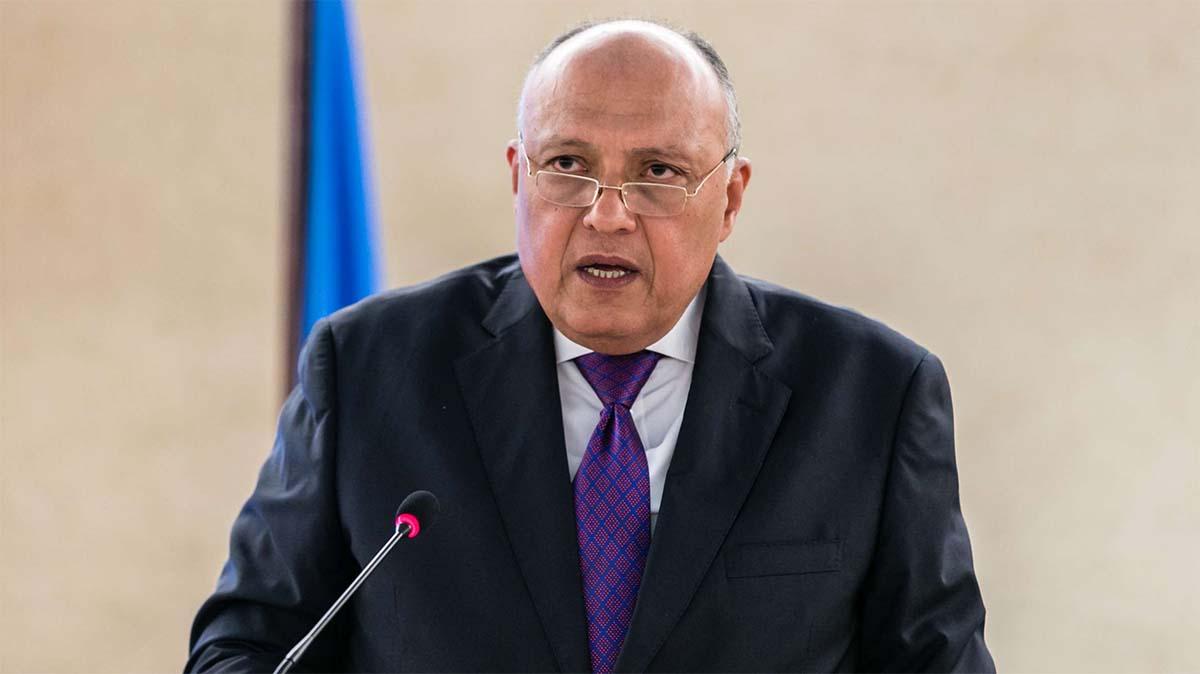OSAKA: Having seen a new prime minister every year for five consecutive years, Japan has just narrowly avoided having its third in 2010. Prime Minister Naoto Kan has been elected President of the ruling Democratic Party of Japan (DPJ), surviving a challenge from Ichiro Ozawa, the DPJ’s most potent behind-the-scenes power broker. Had Nan lost to Ozawa, he would have lost the premiership to him as well.
With DPJ lawmakers almost equally split, Kan’s victory is being attributed to the support of general and associate party members. Their vote was more in line with recent public-opinion polls, which showed popular support running at seven-to-two in favor of Kan over Ozawa.
Only three months ago, Kan was chosen as the DPJ’s top leader to restore its public image, which had been severely tarnished by political-financing scandals involving his predecessor as prime minister, Yukio Hatoyama, and a separate scandal involving Ozawa. Hatoyama’s mismanagement of Japan’s relations with the United States, centered on the relocation of a Marine base in Okinawa, had also dented the DPJ’s standing.
From the moment the DPJ took power in 2009, Kan was tacitly slated to be Hatoyama’s successor, given that he was concurrently Hatoyama’s deputy prime minister and treasury minister. In these posts, Kan avoided involvement with the two issues that wrecked Hatoyama’s premiership: the controversial base relocation issue, and debates over budget cuts. Consequently, he was aloof from the DPJ’s feud with Japan’s powerful bureaucratic mandarins, who are desperately trying to safeguard the longstanding bureaucratic/cabinet system in which the once-ruling Liberal Democratic Party (LDP) passed mandarin-drafted, cabinet-sponsored bills and budgets, almost continuously, for five decades.
Surprisingly, Kan, who entered politics to dismantle the old system, now has switched to the mandarins’ side. The DPJ suffered a bitter defeat in this summer’s upper-house election, after Kan abruptly proposed a significant increase in the highly unpopular consumption tax. That increase would enable Treasury mandarins to maintain their latitude in setting fiscal policy, while making it unnecessary to streamline special-account budget financing for gargantuan public corporations, into which retiring bureaucrats parachute for lucrative jobs.
Moreover, Kan’s approach to the base relocation issue revived the old LDP plan, which the DPJ had previously denounced. Kan’s retreat means that the mandarins continue to hold the reins of foreign and defense policy. Even if Kan had failed to win the upper-house election, the mandarins would have faced a weakened DPJ. Either way, they won.
Small wonder, then, that Hatoyama advocated replacing Kan with Ozawa, even though Hatoyama insisted that Ozawa resign when he was forced from the premiership three months ago. Both are openly opposed not only to the tax increase, but also to the continuing presence of the US Marine base on Okinawa.
While committed to the bilateral US-Japan alliance, Ozawa has said that Japan’s security requires the continued presence only of the US Seventh Fleet, not of US ground troops. Evidently, he is trying to redefine the relationship, probably with a view to enhancing Japan’s freedom of maneuver in foreign and security policy.
Despite his confusing signals, Ozawa’s stance is neither pro-China nor anti-American, given that he most recently emphasized Japan’s sovereignty over the Senkaku islands as an integral part of its territory — a position that China strongly disputes. Logically, Ozawa’s approach involves a significant military buildup, but he remains silent about how to maintain effective deterrence once the US Marines leave Okinawa.
Kan’s status quo approach to alliance management won’t hold up long, because Hatoyama’s bungling has inflated Okinawans’ expectations about evicting the Marines. The current governor will likely block any construction to relocate a base on the island, exercising a de facto veto, particularly with the gubernatorial election due in late November. Only by equivocating about the relocation plan could Kan appease both the governor and US President Barack Obama, who is scheduled to meet Kan in Tokyo the same month. Japan and America can now agree only on what will not be implemented.
The DPJ is caught between a rock and a hard place, and Kan’s premiership will surely reach a stalemate. Because the DPJ has neither an upper-house majority nor the two-thirds lower-house majority needed to override upper-house votes, his government will be unable to pass budget and/or appropriation bills by the end of the current fiscal year, March 31, 2011.
Ozawa, had he become prime minister, would inevitably have been subjected to not only similar obstruction in Diet sessions but also to interrogation about his financing scandal, while fearing prosecution. An Ozawa government might be stable only if he could form a grand coalition. Yet, given strong public sentiment against Ozawa, that is impossible.
Meanwhile, Ozawa’s electoral challenge has left the DPJ more divided than ever. In order to ride out the hung Diet, Kan will have to reconstruct party unity by replacing at least the incumbent anti-Ozawa party chief or Chief Cabinet Secretary, and, possibly, by appointing a pro-Ozawa Justice Minister — i.e., someone who can block Ozawa’s prosecution in the financing scandal. Appeasing Ozawa, however, is contrary to public sentiment and detrimental to the DPJ’s hopes of regaining popular support.
For the moment, Japan’s political situation is stable, but that will last for the next six months, at most. The time is fast approaching when the public becomes entirely disillusioned with both the LDP and the DPJ, which comprise a two-party system in name only, in which legislators shift allegiance for reasons centered on attachment to or enmity against the LDP. Without a grand reorganization of the major political parties along ideological lines, Japan’s domestic and foreign policies — including relations with the US — will remain a muddle.
Masahiro Matsumura is Professor of International Politics at St. Andrew’s University (Momoyama Gakuin Daigaku) in Osaka. This commentary is published by DAILY NEWS EGYPT in collaboration with Project Syndicate (www.project-syndicate.org).

